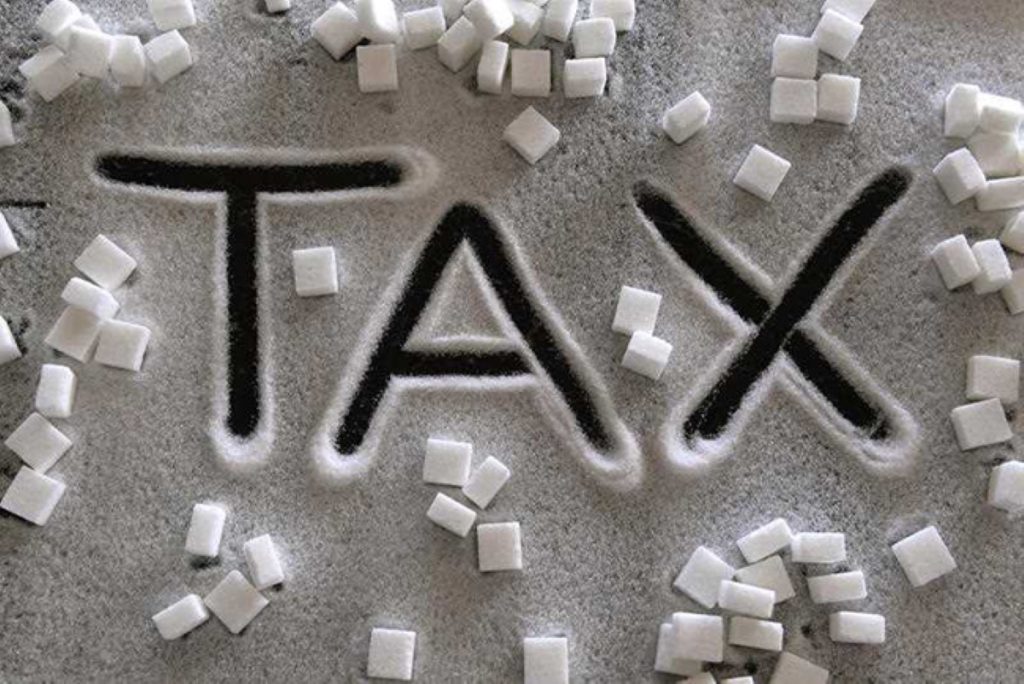The federal government of Nigeria intends to impose a 20% tax on sugar-sweetened beverages (SSBs) as a major approach to reduce SSB overconsumption and the prevalence of non-communicable diseases (NCDs).
Dr. Chukuma Anyaike, Director of the Public Health Department at the Federal Ministry of Health and Social Welfare, unveiled this policy in Abuja on Monday during the public launch of a simulation research that examines the potential fiscal and public health outcomes of Nigeria’s SSB tax.
Sugar-Sweetened Beverages, according to Anyaike, are beverages infused with natural or artificial sweeteners, which include a variety of sugars such as brown sugar, corn sweetener, corn syrup, dextrose, fructose, glucose, high-fructose corn syrup, honey, lactose, malt syrup, maltose, molasses, raw sugar, and sucrose.
He further elaborates that this category encompasses a variety of drinks such as sodas, juices, sweetened coffee and tea, nectars, energy drinks, and flavoured dairy products.
He stated, “The institution of SSB tax has been identified as the most effective way of reducing the consumption of excess sugar sweetened beverages consequently reducing the incidences and prevalence of NCDs.”
“To this effect, government introduced a N10 per litre excise tax on all sweetened beverages in the 2021 Finance Act.”
“This is a step in the right direction towards achieving the global best practice of at least 20% of the final retail price on all SSB products.”
“The revenue generated will be earmarked for public health interventions toward prevention and control of NCDs,”
According to him, an estimated 38.6 million litres of soft drink are sold daily in Nigeria, making it the fourth highest soft drink consuming country in the world.
He further noted that beverage companies market the drinks to entice consumers into believing they gain greater benefit through overconsumption and noted that the country loses productivity to the prevalence of NCDs among youths and adults.

